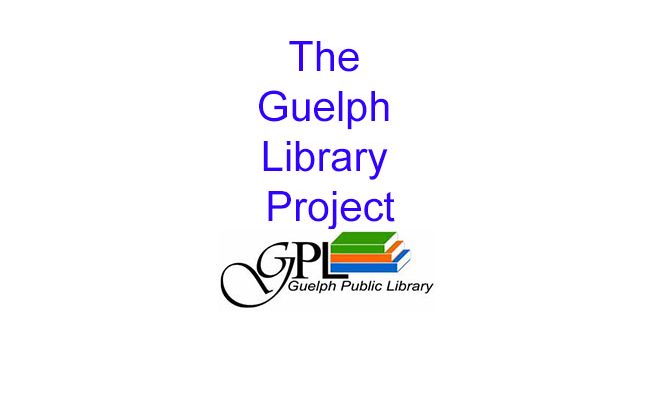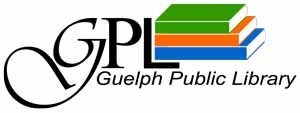Learn about the benefits of constructing a multi-year internship from a MLIS student's perspective.

The Guelph Library Project
The Guelph Public Library has been trying to build a new main library for many years. Many, many years. The current 1965 facility is widely viewed as inadequate.
So, what’s the problem?
Apparently, a lot.

Capital allocations have come, and gone, and come back, and gone again. The political winds have shifted every which way (sometimes fully supporting a new library, at other times fully opposed, and everything in-between). The economic climate is favourable, and then it isn’t. The attitudes of the public (i.e. taxpayers) vary. And even the vision of the new library has morphed and evolved.
Lots of change …. resulting in uncertainty about proceeding or not.
While others in the area have recently built new main libraries (or at least significantly renovated existing ones), Guelph is still talking. And talking.
Since I’m always looking for that “teachable moment” (I teach in the University of Guelph’s First Year Seminar program), it occurred to me that this issue would make a good undergraduate course.
And so The Guelph Library Project will be offered during the fall semester at Guelph. Classes will run from September through early December.
And most importantly, you are invited to participate.
Background
The course will focus on the long term public debate about a new main library by discovering, exploring, analyzing, and communicating all perspectives on this issue. It will do so in a way that engages the broader Guelph community in a discourse about libraries and civic development.
We are going to use social media, community radio & television, and other tools as means of community engagement. The students will act as journalists, city planners, editorialists, media commentators, researchers, and interested citizens.
They will talk with library staff, city politicians, city staff, library users, non-library users, business leaders, political commentators, local activists, provincial bureaucrats, and anyone else who will listen or has a point of view.
Mostly they will wrestle with the nature of the public library in the 21st century.
The Guelph Library Project will position the students in the center of an active public debate. This issue is unfolding in real time; students will be on the leading edge of a developing story. They will be a witness this unfolding; they might also influence it.
How to Participate
There are 18 students in the course (First Year Seminar courses have a capped enrolment to create a small group learning environment), they are all first semester, and they are in different academic programs (e.g. BA, BComm, BSc).
The main exploration and discussion will occur on the course website, The Guelph Library Project and via the #GuelphLibProject hashtag on Twitter. Students will post about the research, their observations, key concerns, and ongoing questions.
You are encouraged to comment on these, tweet using the hashtag, and use your own social media to extend the discussion. Students will be using their voice, they would love to hear yours.
Course Outcomes
While we have the full cooperation of the Guelph Public Library, the students are making their own assessments and conclusions.
At the end of the semester two reports will be prepared with recommendations from the students. One report will be a written report while the other will be a radio documentary. Both will be published on the website; the documentary will be broadcast on CFRU 93.3 and posted on Soundcloud.
In early January 2016 (when the dust has settled from the course and the reports) we’ll publish a follow-up article on Open Shelf. Perhaps we’ll have some feedback and reaction from the Library and city officials.
Part research, part advocacy, part pedagogy, and part just-plain-fun, The Guelph Library Project hopes to engage students in libraries, civic development, and skill building for learning success (which is the ultimate purpose of the course and the First Year Seminar program).
Join us!
Mike Ridley is the Editor-in-Chief of Open Shelf. He is a Librarian and Instructor (First Year Seminar program) at the University of Guelph.
This Post Has One Comment
Comments are closed.




I was never embarrassed about being from Guelph and talking about what Guelph was doing on the environmental and social front…except when it came to the library. Too many missed opportunities that likely come down to lack of leadership. Community engagement was always high, but they were never able to leverage that on this issue. Don’t have the answers, but look forward to seeing the students peel back the layers.